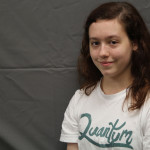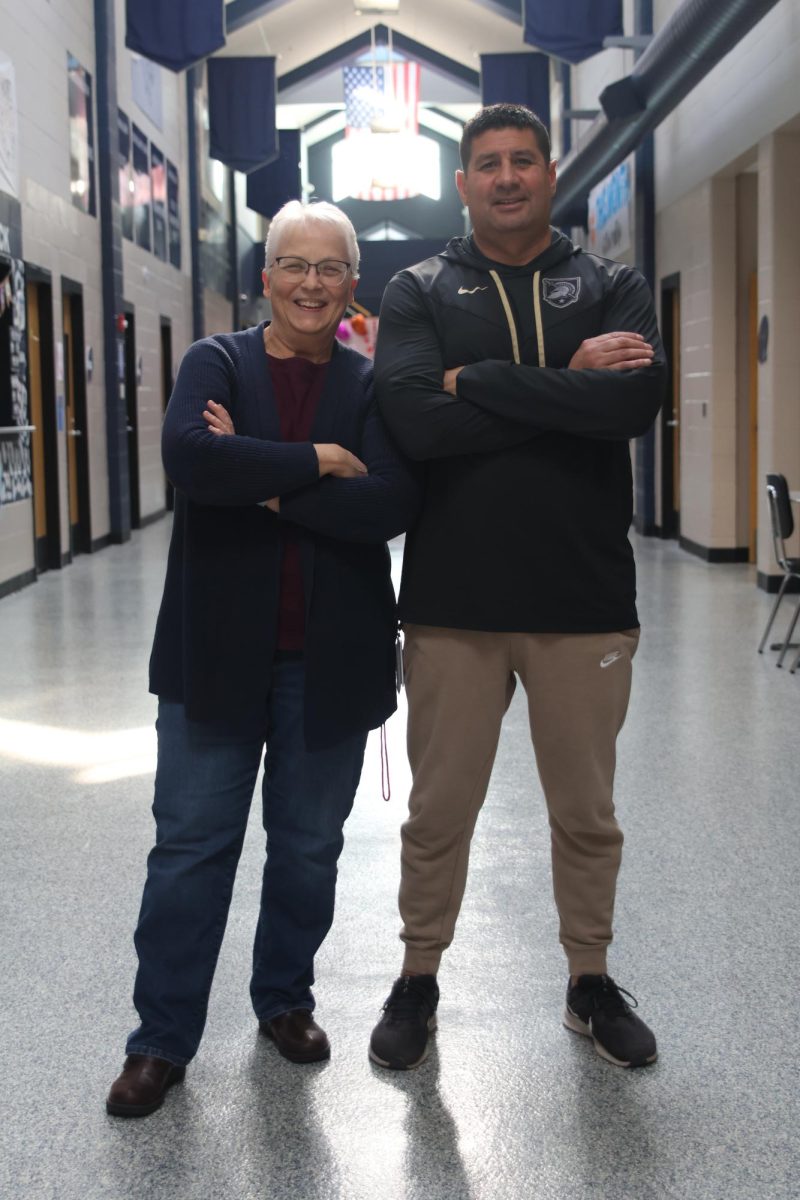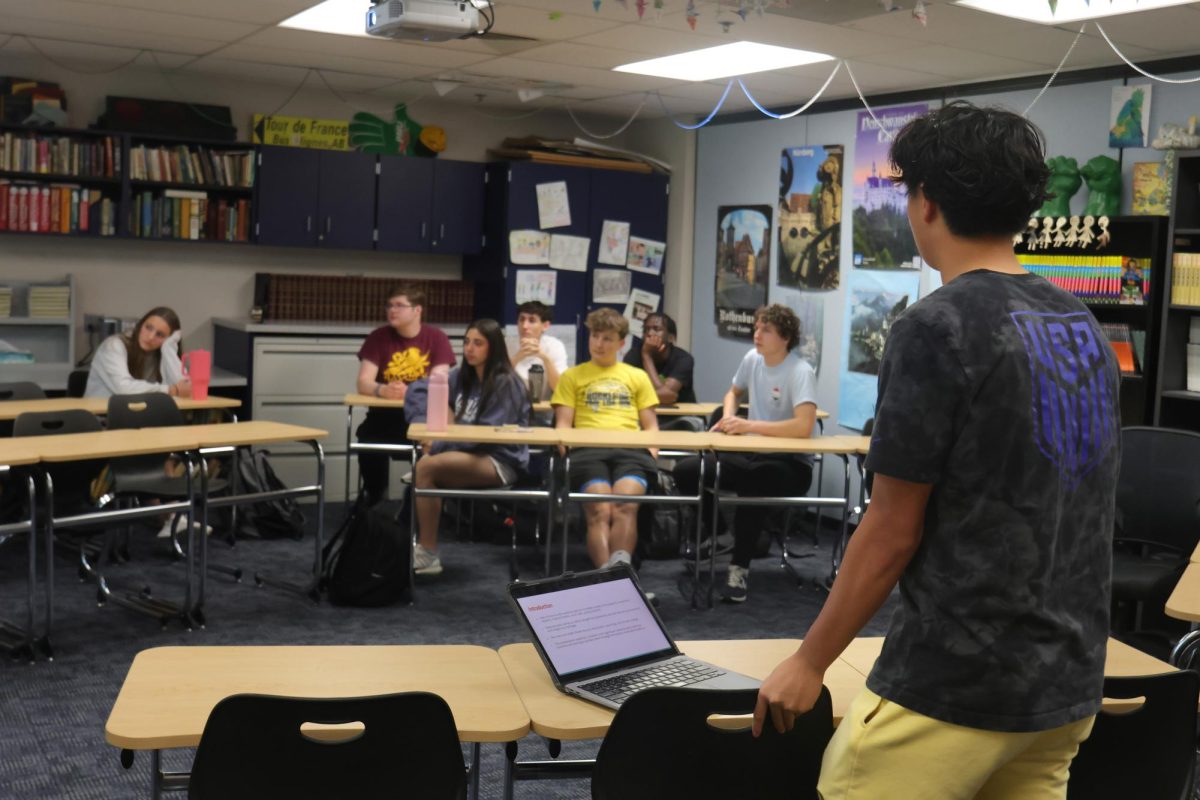Foreign language teacher Tamara Carrell shares her knowledge on a variety of languages.
How did you come to teach here?
I was teaching [in Virginia] last year, but my father became ill. He lives here, so I wanted to move to be closer to him because I was told that he didn’t have much longer to live. [My family and I] moved here and I looked for a job. The whole process happened very quickly because they had an opening.
You also used to be a professor?
Yes, I taught at Indiana University, which is where I did my graduate and Ph.D. studies. I taught some literature classes and some beginning and mid-level French classes as well.
How many languages do you speak?
That’s a tricky question because I speak a little bit of many languages, but speaking fluently is different. Obviously, I speak English. I have a degree in German, which was actually my first other language that I learned; my bachelor’s degree is in German. I have two master’s [degrees] and a Ph.D. in French. While I was at grad school I had to take several other language [classes] in order to do my graduate work, so I took Latin and Mandarin Chinese. I speak some Italian, Spanish and Dutch. [Also,] I don’t know if you would count computer languages [as languages, but] I was a computer programmer for a while and I programed in SQL [Structured Query Language] and PL/SQL [Procedural Language/Structured Query Language].
Did you learn any of these languages for fun, or were they all for your
studies?
Well, German I learned on my own when I was in middle school. I decided that I wanted to learn another language, but they didn’t have any other languages in the school I was attending. So I went to the library and looked up the card catalogue and found a book on teaching yourself German. I checked it out and I would sit at home and read the pages and try it out. Dutch was for fun, as was the Italian, but I do use the Italian when I study my primary interest, which is Medieval and Renaissance literature. The Latin comes in very handy with Medieval text, since most of it is written in Latin … or there is a mixture of [Latin and French] while Italian is useful for Renaissance studies.
What got you into Medieval and Renaissance literature?
I’ve always had an interest in all thing historical, but specifically my dad used to make up stories to tell me as a child. They were always sort of “Knights of the Round Table” and he would change and adjust them, put in my brother’s name for one of the knight’s, make his own stories from it. Ever since then it’s sort of interested me.
So you only speak French to your son?
Yes, my youngest son. We only communicate in French and gestures. He’s 19 months old and I’ve been speaking French to him since the day he was born. My husband does speak to him in English and sometimes in Italian, but mostly he speaks English with him. We’re hoping that he’ll get at least two of the languages. We have French story time every night where I read a book to him in French or he might sit in front of the computer and listen to something in French so he gets that input every day.
How does computer programing fit with Medieval and Renaissance literature?
It doesn’t, really. After the birth of my first daughter I thought I would do something that would make me a bit more money than doing nothing or being a student. I stopped being a student for a while to work for this government company. [Programing] is just like any other language, really; it’s not much different. I was really good at it but I hated it. I sat in front of a computer all day in a dark room in the basement of some concrete building. It was horrible. I couldn’t talk to anybody and I felt trapped.
Have you tried to speak different languages with your other kids?
I’ve spoken to them [in other languages] but not entirely in one language. We used to sing songs and do some nursery rhymes in German and French. My older son is again catching on to my youngest one, he’s actually picking up quite a bit now. This is sort of a new experiment.









